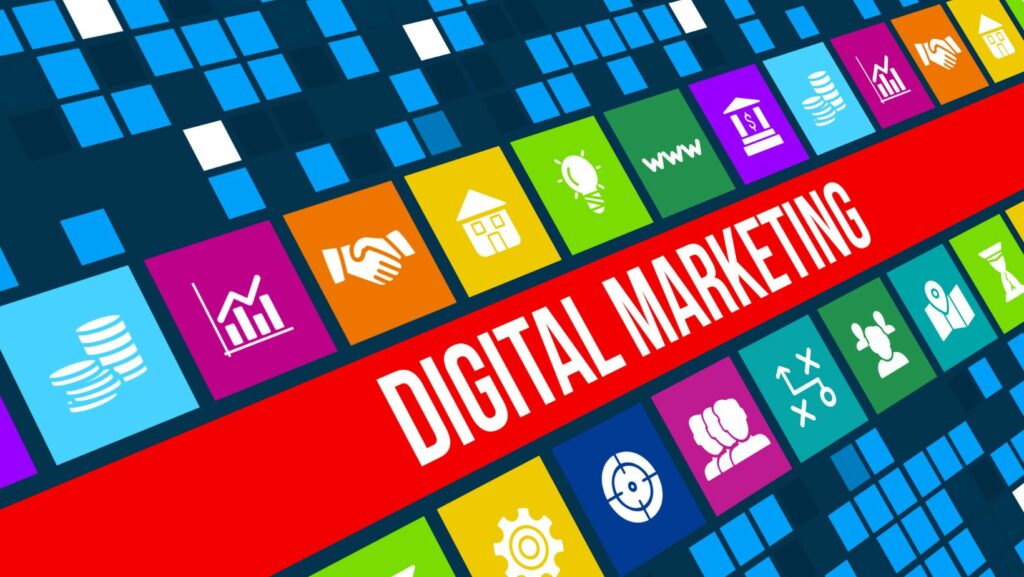In the B2B world, customer satisfaction is more than just a metric—it’s the foundation of long-term business success. Unlike B2C transactions, where emotions often drive purchasing decisions, B2B customers seek value, reliability, and strong relationships. A satisfied customer is more likely to become a loyal client, recommend your services, and contribute to sustainable growth. Achieving high levels of satisfaction in B2B marketing requires a combination of understanding client needs, offering tailored solutions, and maintaining excellent communication.
Understanding Client Needs
The first step in achieving customer satisfaction is understanding what your clients truly need. B2B buyers are focused on solving specific business challenges, and their expectations are high. Conducting thorough market research, analyzing customer pain points, and staying up to date with industry trends can provide valuable insights.
Engaging directly with clients through surveys, interviews, or consultations allows businesses to tailor their marketing strategies to match expectations. The more a company understands its customers, the better it can create targeted campaigns that address pain points and demonstrate value.
Offering Tailored Solutions
Generic marketing strategies don’t work in the B2B space. Each client has unique needs, and offering customized solutions can significantly enhance satisfaction. This involves developing personalized marketing messages, creating bespoke product offerings, and ensuring that services align with client objectives.
Account-based marketing (ABM) is an effective approach for delivering tailored solutions. By focusing on specific high-value accounts and creating highly personalized marketing campaigns, businesses can demonstrate their commitment to solving a client’s challenges. Partnering with a specialized B2B marketing agency like New North, which focuses on helping technology companies develop strategic marketing plans, can ensure that businesses implement the right approach for maximum impact. The more a company personalizes its offerings, the more valued its clients feel.
Maintaining Clear and Consistent Communication
Effective communication is crucial in B2B marketing. Since B2B sales cycles are longer and involve multiple decision-makers, maintaining a steady flow of information helps build trust and ensures that clients remain engaged. Businesses should provide regular updates, be responsive to inquiries, and be transparent about what they can deliver.
Using multiple communication channels—such as emails, webinars, social media, and direct meetings—can keep clients informed and strengthen relationships. Additionally, ensuring that customer service teams are well-trained to address concerns promptly enhances overall satisfaction.
Providing Valuable Content
B2B buyers conduct extensive research before making purchasing decisions. Providing valuable, informative content helps position a company as an industry leader and builds trust with potential customers. Content marketing strategies such as whitepapers, case studies, blog posts, and webinars offer insights that assist clients in making informed choices.
Educational content that explains industry trends, best practices, or product benefits can differentiate a company from competitors. When clients see a business as a trusted resource, they are more likely to remain engaged and satisfied.
Leveraging Technology for Better Customer Experience
Technology plays a key role in enhancing customer satisfaction in B2B marketing. Businesses that leverage customer relationship management (CRM) systems, automation tools, and AI-driven analytics can provide a seamless experience for clients. CRM platforms help track interactions, monitor client needs, and ensure personalized follow-ups, leading to stronger relationships.
Marketing automation tools enable businesses to send targeted messages at the right time, nurturing leads effectively. AI-driven analytics provide insights into customer behavior, helping businesses optimize their marketing strategies. The more efficiently a company uses technology, the more streamlined and satisfying the customer experience becomes.
Prioritizing Customer Support and After-Sales Service
Customer satisfaction doesn’t end at the point of sale. Offering excellent after-sales service ensures that clients continue to trust and rely on a business. Providing ongoing support, offering training sessions, and addressing any issues quickly can make a significant difference in customer retention.
B2B businesses should focus on building long-term relationships rather than one-time sales. A dedicated customer success team can proactively check in with clients, offer strategic advice, and ensure that they are getting the most out of the product or service. Happy clients are more likely to renew contracts, expand their purchases, and advocate for the brand.
Gathering and Acting on Customer Feedback
Actively seeking customer feedback is crucial for continuous improvement. B2B companies should regularly collect feedback through surveys, reviews, and direct conversations to understand what is working well and where improvements are needed.
However, gathering feedback is not enough—it’s essential to act on it. Companies that make tangible changes based on customer input demonstrate that they value their clients’ opinions. This fosters loyalty and enhances overall satisfaction.
Building Strong Relationships and Trust
In B2B marketing, relationships matter just as much as the products or services being offered. Building trust with clients through honesty, reliability, and a customer-first approach is the key to long-term success. Businesses that go the extra mile to support clients and prioritize their needs create lasting partnerships.
Loyal B2B customers are not just satisfied—they become advocates who refer others and contribute to business growth. By focusing on relationship-building rather than just transactions, companies can ensure sustained customer satisfaction.
Conclusion
Achieving customer satisfaction in B2B marketing requires a strategic approach that includes understanding client needs, offering tailored solutions, maintaining clear communication, providing valuable content, leveraging technology, prioritizing customer support, and acting on feedback. By focusing on long-term relationships and consistently delivering value, businesses can foster trust, enhance customer loyalty, and drive sustainable growth.



